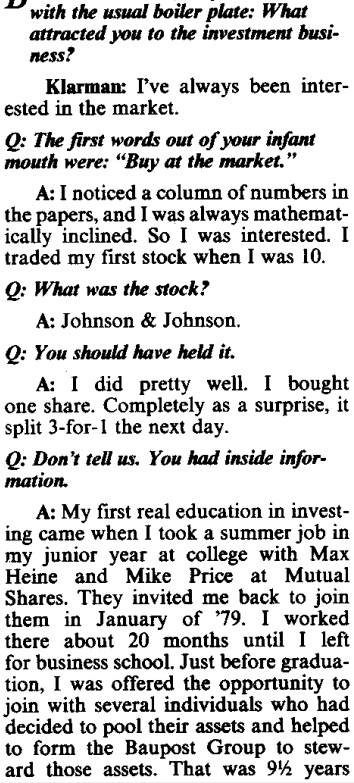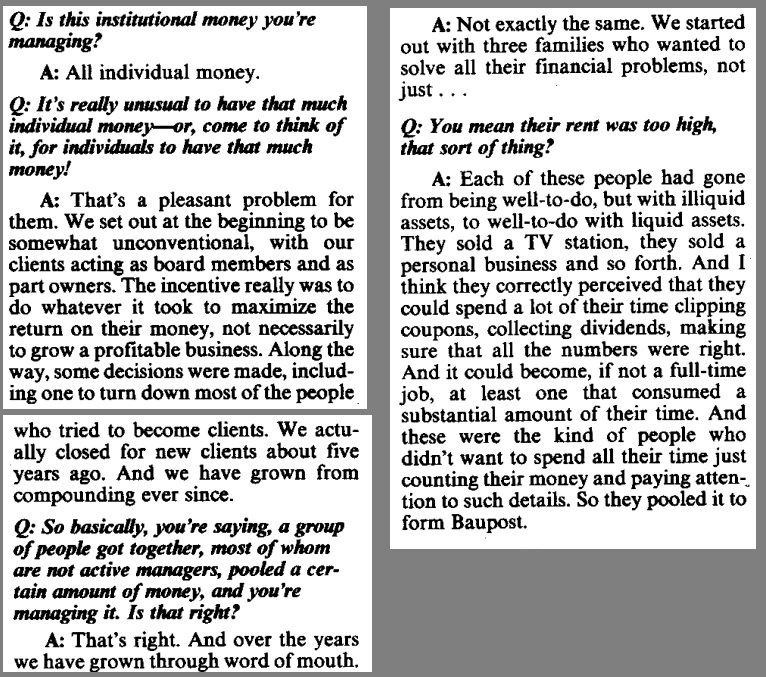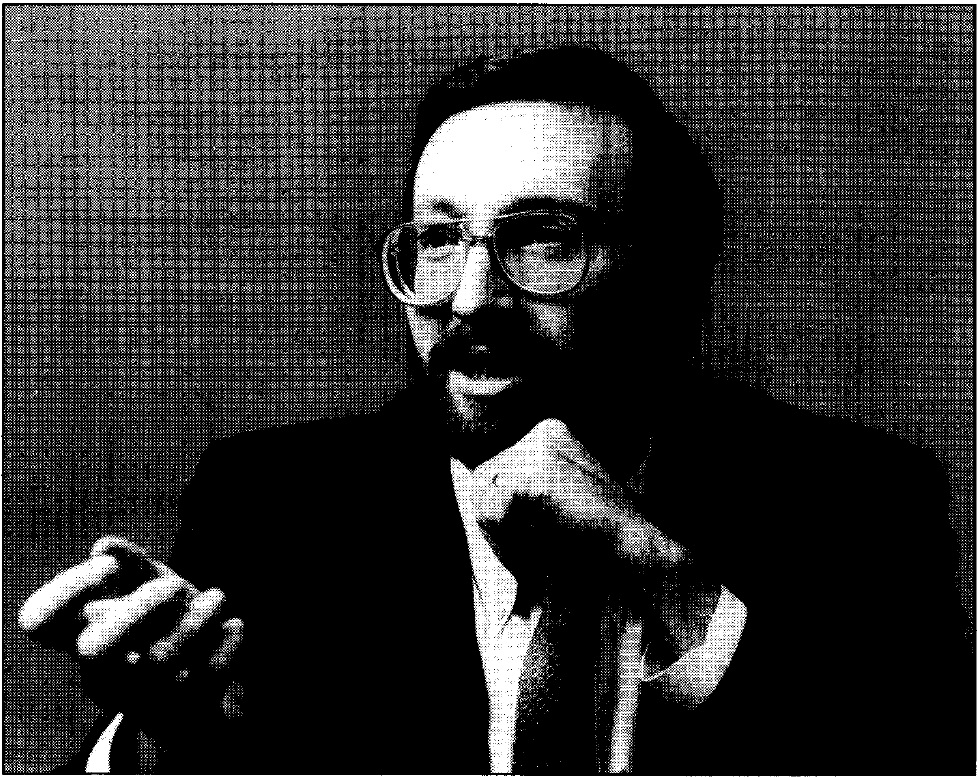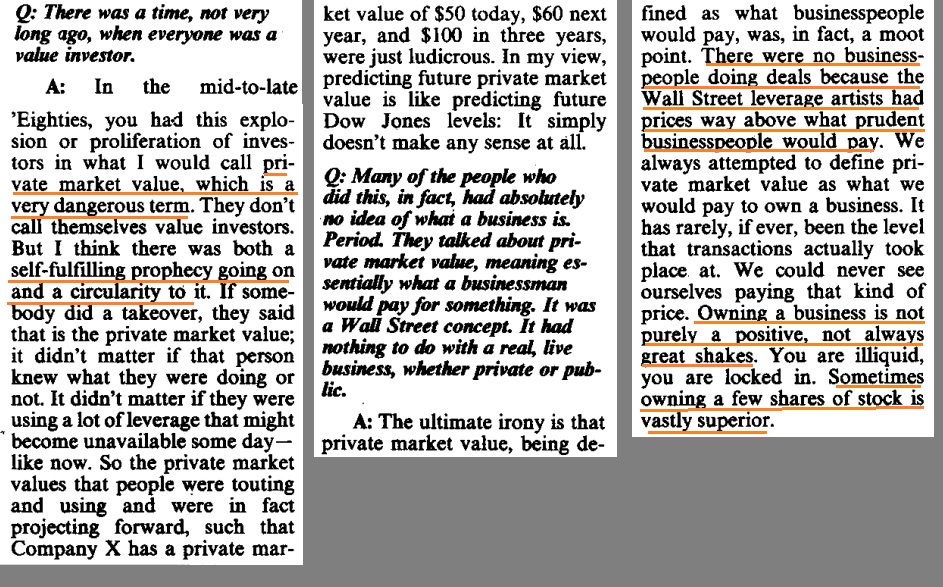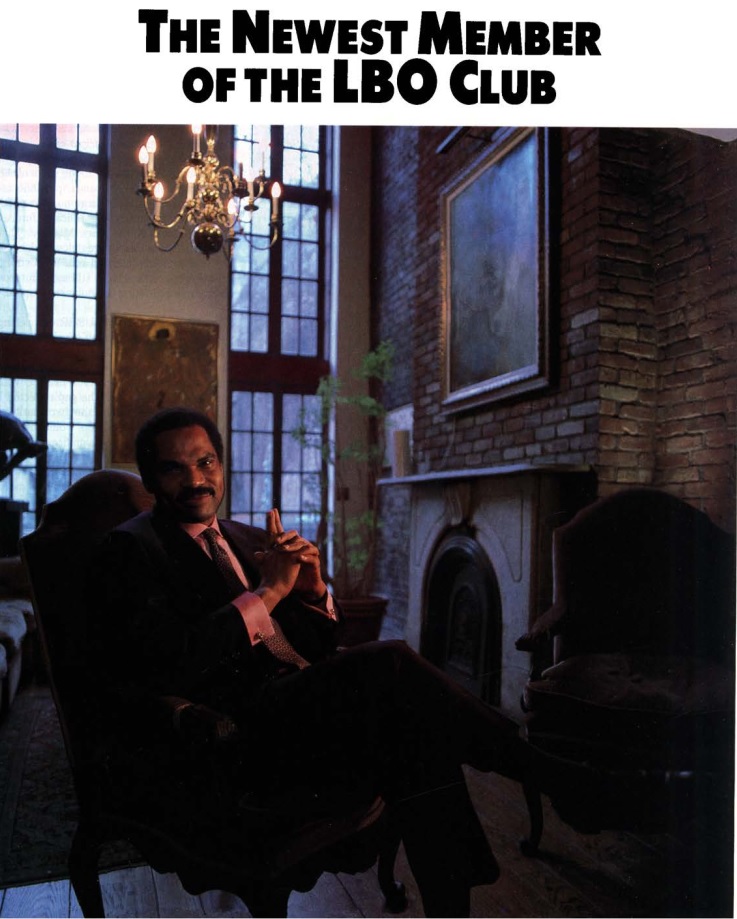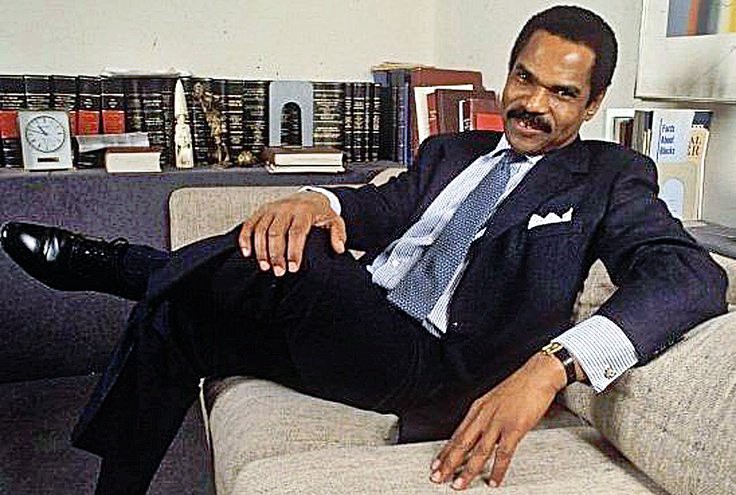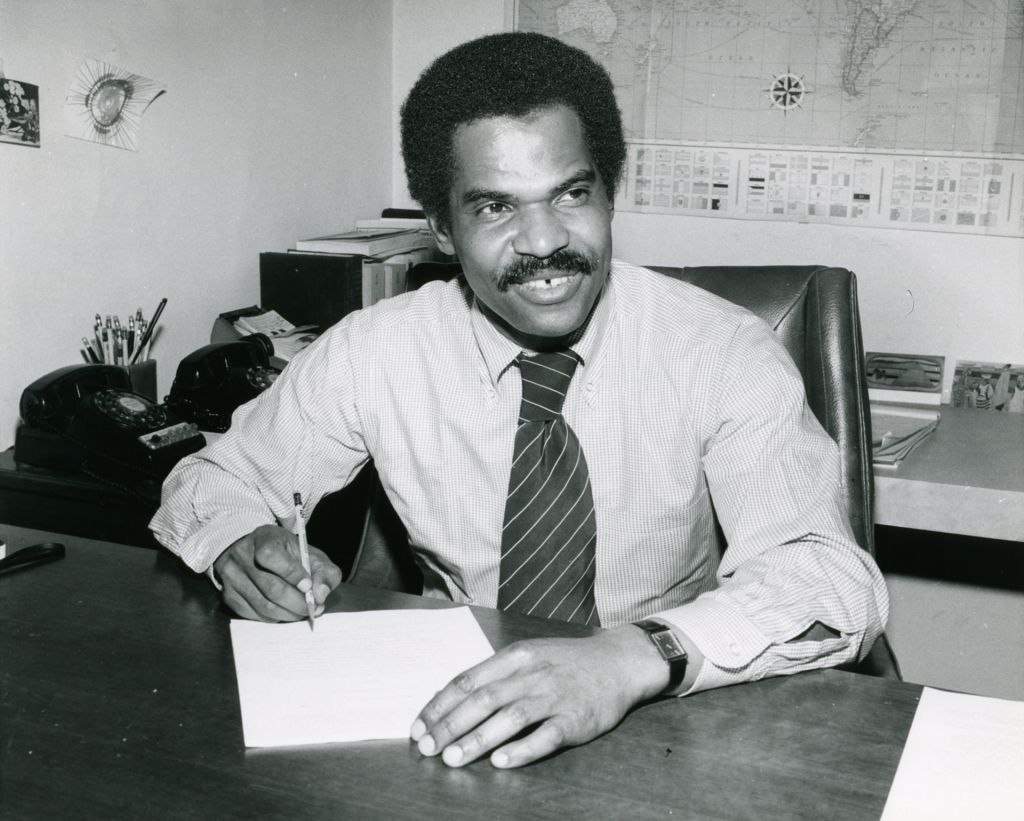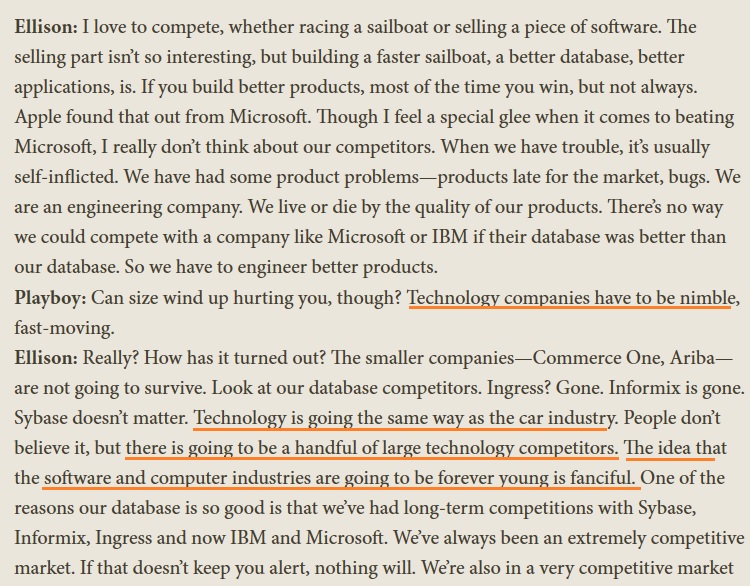
Irwin Simon was a kid from a small town in Nova Scotia, stocking the shelves at his father's grocery store.
Starting with $500k from a second mortgage he pulled off a string of high-wire deals and forged natural food giant Hain Celestial.

Starting with $500k from a second mortgage he pulled off a string of high-wire deals and forged natural food giant Hain Celestial.


“My father wasn't a risk taker and that held him back. Today, taking a risk is something I'm willing to do, and that's probably from seeing what my father didn't do in life.” 

After college he worked for Häagen-Dazs and moved to NYC.
“It was one of the greatest jobs I ever had. I learned the value of brand equity and selling quality products. It was started in Bronx, but the perception was that Häagen-Dazs was a brand created in Sweden.”
“It was one of the greatest jobs I ever had. I learned the value of brand equity and selling quality products. It was started in Bronx, but the perception was that Häagen-Dazs was a brand created in Sweden.”
He craved a faster pace and joined diet company Slim-Fast. A bad move.
“Slim-Fast was fast-growing but totally opposite to Häagen-Dazs. No structure, no strategic plans. People were treated badly. I hated it.” Simon quickly moved on by getting himself fired.
“Slim-Fast was fast-growing but totally opposite to Häagen-Dazs. No structure, no strategic plans. People were treated badly. I hated it.” Simon quickly moved on by getting himself fired.
“I spent 15 years kissing ass. And I learned three things: corporate life is not for me, brand equity is incredibly valuable, and the major food companies drop pretty big crumbs.” 

It was time to leave the corporate ladder behind and start building his own company: “I had to establish myself. My plan was to find a business, find products, find brands, find money.”
“I had a vision of wanting to buy companies with niche brands and niche categories. A lot of people talk about it, a lot of people want to do it.
I saw nobody doing it. I saw nobody taking kosher foods, medically directed foods, health foods, to the next level.”
I saw nobody doing it. I saw nobody taking kosher foods, medically directed foods, health foods, to the next level.”
He cobbled together $500k from savings and a second mortgage. In one year he lined up four struggling businesses which he hoped would be viable: a Slim-Fast competitor, a kosher frozen foods business, a frozen soy pizza product and a nondairy ice cream maker.
“I put down deposits on each one, and I went out and sold my story to these people, that I was going to raise money and build this big company. I guess it worked because people liked me and had confidence in me, but really I didn’t have a clue."
Raising more capital was near impossible: "I knocked on the doors of banks, VC firms, everywhere - they all absolutely thought I was just whacked out.”
He ended up with $4 million through a micro IPO through a boiler room brokerage. It cost him 48% of the company.
He ended up with $4 million through a micro IPO through a boiler room brokerage. It cost him 48% of the company.
“After I paid lawyers, underwriters and everyone else, I probably had enough money to pay for a taxi home.”
Next, he pulled off a $23 million buyout of Hain, then known for its rice cakes. Quaker Oats dominated the category.
“People always ask me, 'Doesn't Quaker frighten you?' But every time I see Quaker ads on TV I just shout, 'Yeah!' They're growing the category.'”
“People always ask me, 'Doesn't Quaker frighten you?' But every time I see Quaker ads on TV I just shout, 'Yeah!' They're growing the category.'”

“We came out with 60 new products in one year with Hain. At big companies, it would take us 7 years to come out with 60 new products. So strategic marketing, being a visionary and making things happen quickly all came from big company experience.”
“Every time I went out and did another deal I risked the company. I was borrowing and never cashed out.
The question always was: do I just stay this little company, have a bigger percentage. Or do I go out and take a risk by putting more debt on the company and become bigger?”
The question always was: do I just stay this little company, have a bigger percentage. Or do I go out and take a risk by putting more debt on the company and become bigger?”

“Other people know how to create brands, I know how to take it to the next step.”
"I could take all these little businesses to the next level. They had not shown up on the screen of the big guys yet; the big guys were not there.”
"I could take all these little businesses to the next level. They had not shown up on the screen of the big guys yet; the big guys were not there.”
His formula for deals:
-Market category with structural growth
-Leading brand in its niche
-Ability to add value
-Big enough to matter
-Complements existing brands
-Product with premium pricing
-Market category with structural growth
-Leading brand in its niche
-Ability to add value
-Big enough to matter
-Complements existing brands
-Product with premium pricing
In 2018 he left $HAIN. Now he's the CEO of $APHA and Chairman of $FREE.
You can find my profile of his journey here:
neckar.substack.com/p/risk-taker-i…
You can find my profile of his journey here:
neckar.substack.com/p/risk-taker-i…
• • •
Missing some Tweet in this thread? You can try to
force a refresh



